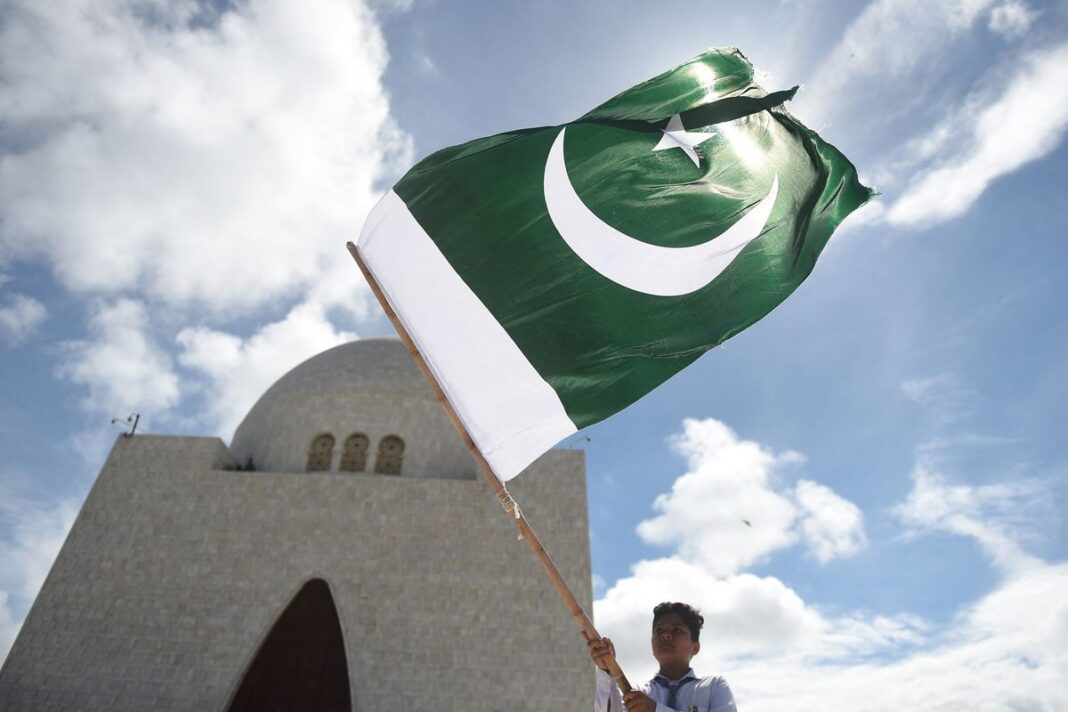Pakistan has always been involved in state sponsorship of cross-border terrorism since its inception and even praised Afghan Taliban in the past but now facing its repercussions, South Asia Democratic Forum (SADF) has reported.
However, now it is facing two-sided attacks from Afghan Taliban and Pakistani Taliban which is supported by its ideological brother from Afghanistan, according to the recent SADF report,
When the Taliban captured Afghanistan in August 2021, then Pakistan’s Prime Minister Imran Khan praised the Afghan Taliban by saying it broke the “shackles of slavery,” it said.
It must be noted here that December 2022 proved to be the worst month for the country, said SADF, a Brussels-based think tank devoted to South Asia and its relationship with the European Union (EU).
Since the takeover of the Taliban in Kabul, Pakistan saw a 50 per cent rise in terror attacks and most of which were by Pakistani Taliban (TTP) with the support of Afghan Taliban. Even the peace talks between TTP and the Pakistan regime were revoked, it said.
The report further said that, in the last two decades, Pakistan had the opportunity to stop using Jihadism as a foreign policy tool and end the use of extreme Islamist factions as an influence. This could have improved its relations with India.
Pakistan could have improved on unhealthy civil-military relations, the protection of ethnic minorities and sustainable economic development. Instead, the leaders decided to maintain their support for the Taliban against both the US and its NATO allies, the SADF said.
According to the SADF Director of Research Siegfried O Wolf, the terrorism Pakistan is facing today is not the result of the Imran Khan government but is the result of “multiple lost opportunities and policy blunders by both military and civilian leadership since 1947.”
“Pakistan’s approach towards the Afghan Taliban failed since Islamabad’s objectives in Afghanistan were not attained – much the opposite, we now witness the destabilization of Pakistan itself,” it said.
In addition to this Pakistan had no comprehensive Afghanistan policy because of which it was assuming that the Taliban they are helping will remain grateful to them forever.
The same report by Wolf further claimed that there was a perception among Pakistani security circles that the ties, especially the military alliance between the Afghan Taliban and Pakistan Taliban ‘would gradually weaken’ and that the new rulers in Kabul would take concrete action against the TTP and other anti-Pakistan elements on Afghan soil.
“This is astonishing since Islamabad had a previous experience that the former Taliban regime (1996-2001) also did not respond positively to Pakistani demands, foremost the recognition of the Durand Line as an international border and the hoped-for decisive measures against anti-Pakistani groups residing on Afghan soil,” the SADF concluded.

